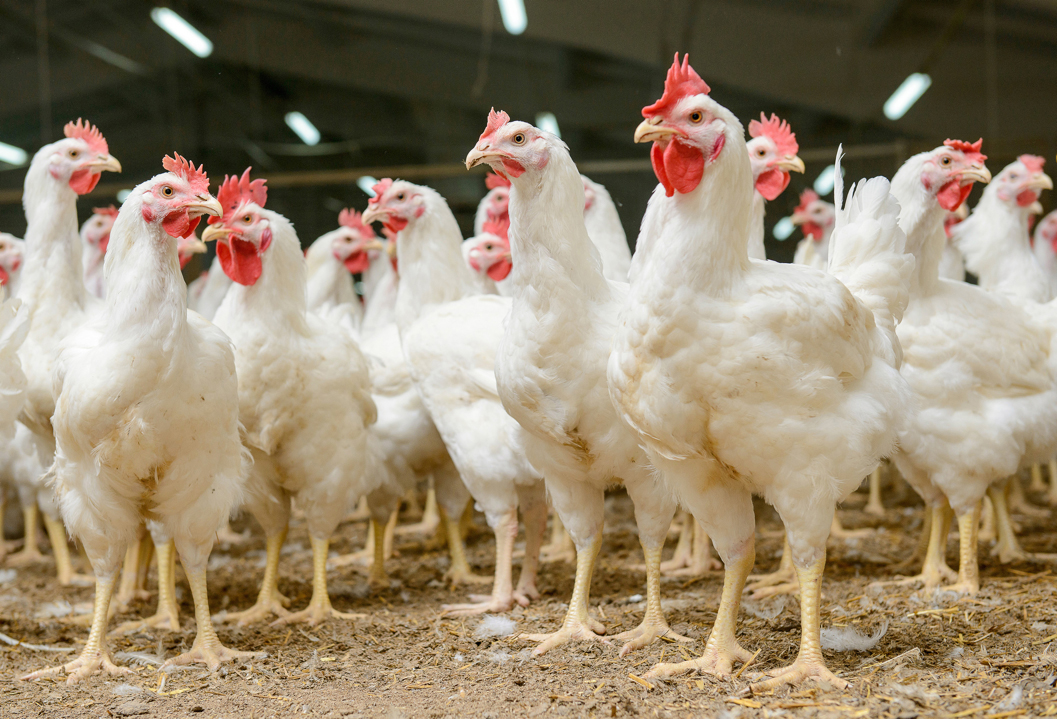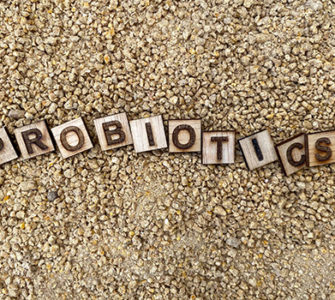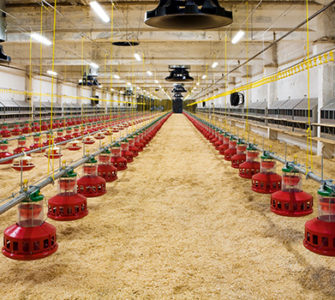USDA, industry groups take issue with WHO’s statement on poultry antibiotics
The USDA’s chief scientist and several scientific and industry organizations took issue with the World Health Organization’s recent news release recommending that poultry and livestock producers “stop using antibiotics routinely to promote growth and prevent disease in healthy animals.”
“The WHO guidelines are not in alignment with US policy and are not supported by sound science,” Dr. Chavonda Jacobs-Young, USDA acting chief scientist, said in a statement, adding that WHO’s recommendations “erroneously conflate disease prevention with growth promotion in animals.”
Jacobs-Young noted that under current FDA policy, medically important antibiotics are not used for growth promotion in animals. FDA allows the use of these antimicrobials for the treatment, control and prevention of disease in food-producing animals only under the professional oversight of licensed veterinarians.
‘Unrealistic constraints’
“While the WHO guidelines acknowledge the role of veterinarians, they would also impose unnecessary and unrealistic constraints on their professional judgement,” Jacobs-Young said.
In a blog post, the American Veterinary Medical Association said its members were committed to reducing the need for antimicrobials to combat resistance. “However, the science tells us that an approach focusing solely on reducing the amount of antibiotics used is unlikely to be successful,” the association said.
Instead, AVMA supports selecting “the right antibiotic, administered in the right way, to the right patient” as “the best way to protect the health of our animal patients and that of the public.”
Suzanne Dougherty, executive vice president of the American Association of Avian Pathologists, noted that most of the antibiotics used in poultry are ionophores, which are not considered by FDA or WHO to be medically important to humans. They also help to reduce the poultry industry’s carbon footprint, she said.
Quoting from a recent AAAP position paper, Dougherty added, “Controlling and preventing disease reduces the number of poultry barns necessary; in addition, there is less use of electricity, water, corn and soybeans and propane when using an antibiotic tool to prevent… enteric diseases.”
‘Unethical and immoral’
The National Pork Producers Council expressed concern about WHO’s announcement, saying a ban on disease-prevention uses of antibiotics would be “ill-advised and wrong.”
“Denying pigs, cows and chickens necessary antibiotics would be unethical and immoral, leading to animal suffering and possibly death, and could compromise the nation’s food system,” NPPC said in a statement.
The National Chicken Council also took issue with the WHO news release — particularly the claim that “80% of total consumption of medically important antibiotics is in the animal sector, largely for growth promotion in healthy animals,” which an NCC spokesperson called “grossly inflated.”
“Just like people, animals sometimes get sick, and treating illness is a responsible part of animal care,” NCC’s Tom Super told PHT Media, which publishes Poultry Health Today and Pig Health Today.
“When this happens, farmers work with animal health experts and veterinarians to determine if an FDA-approved antibiotic is needed – the right medicine, at the right dose, for the right amount of time, for the right reason.”
The Animal Health Institute reiterated its position that antibiotics need to be used responsibly in food-animal production, not eliminated altogether. In a statement, AHI noted that “studies and experience show that programs aimed only at reducing use in animals have not been effective at reducing resistance rates in humans.”
Programs that arbitrarily eliminate antibiotic usage “lead to more animal disease and death, which undermines good animal welfare and can reduce food safety,” AHI added.
Posted on April 13, 2018

















